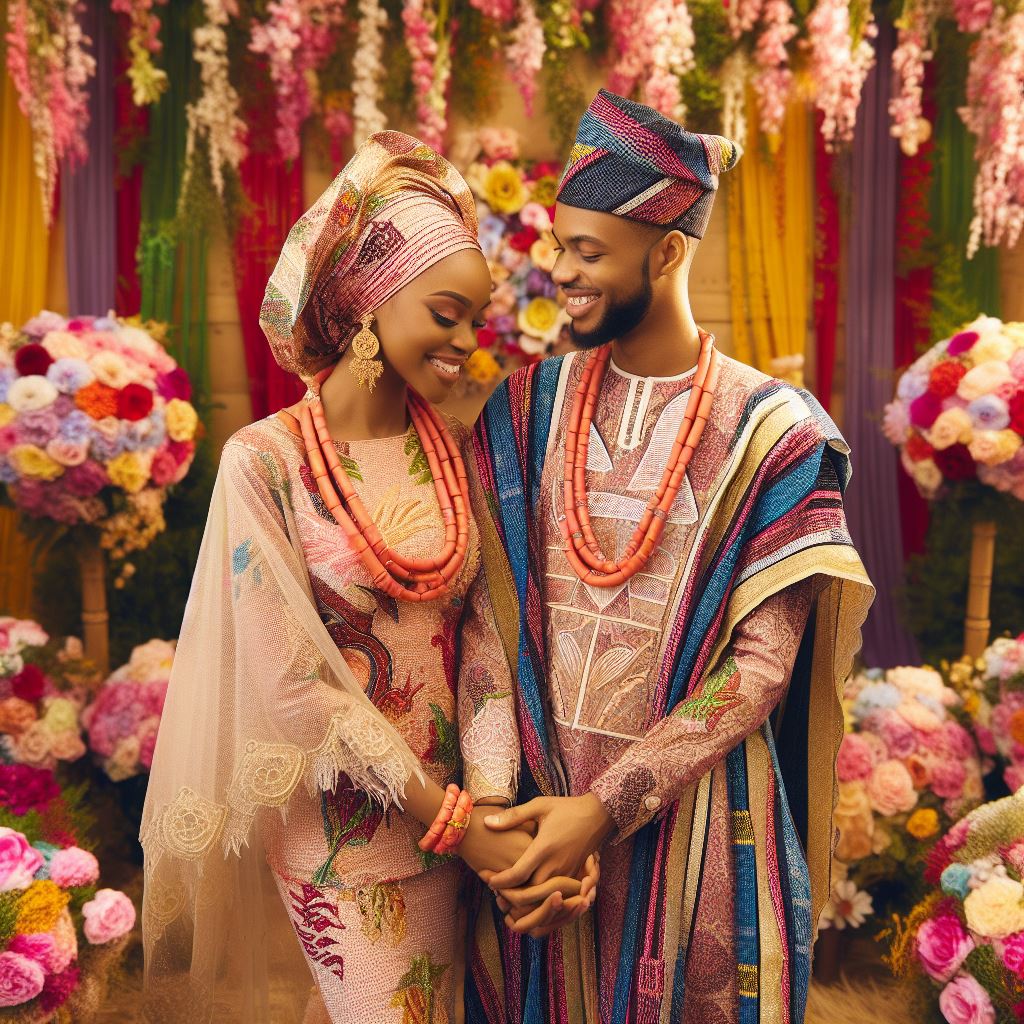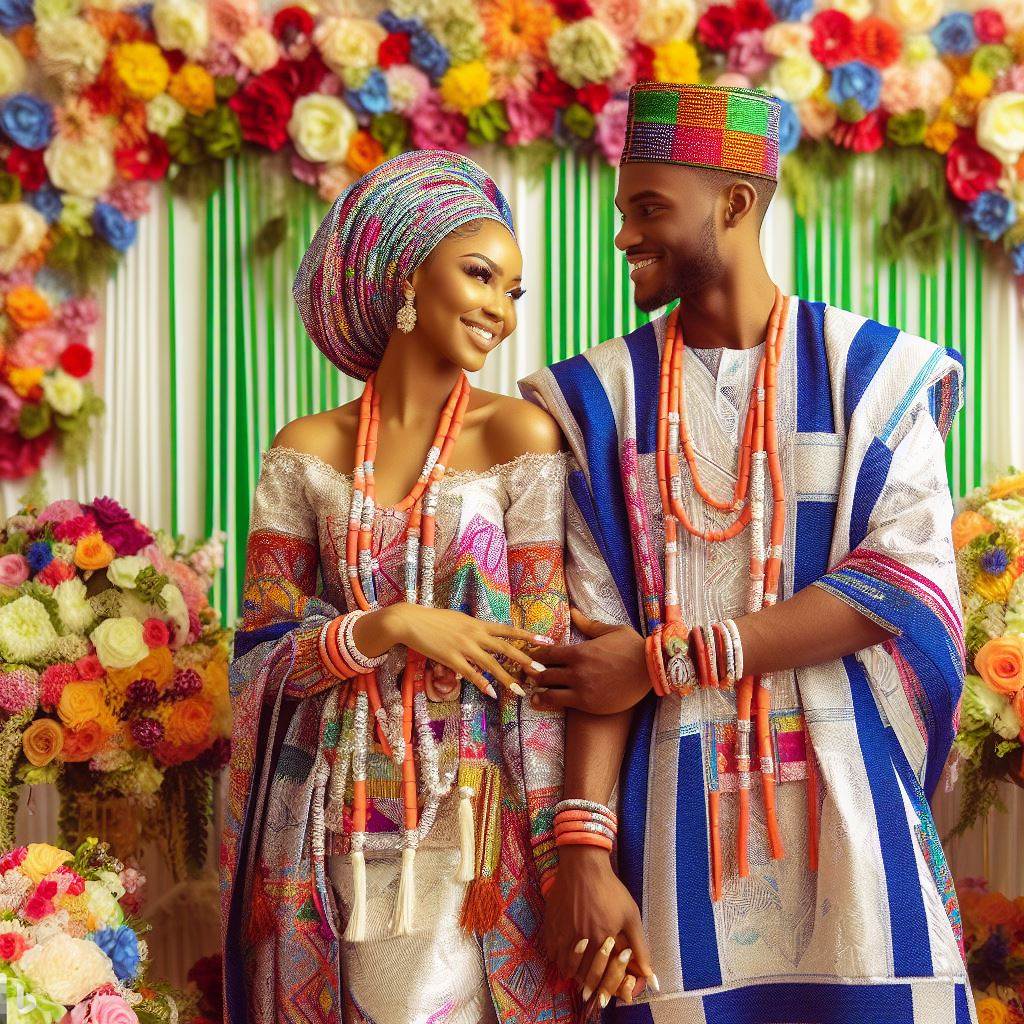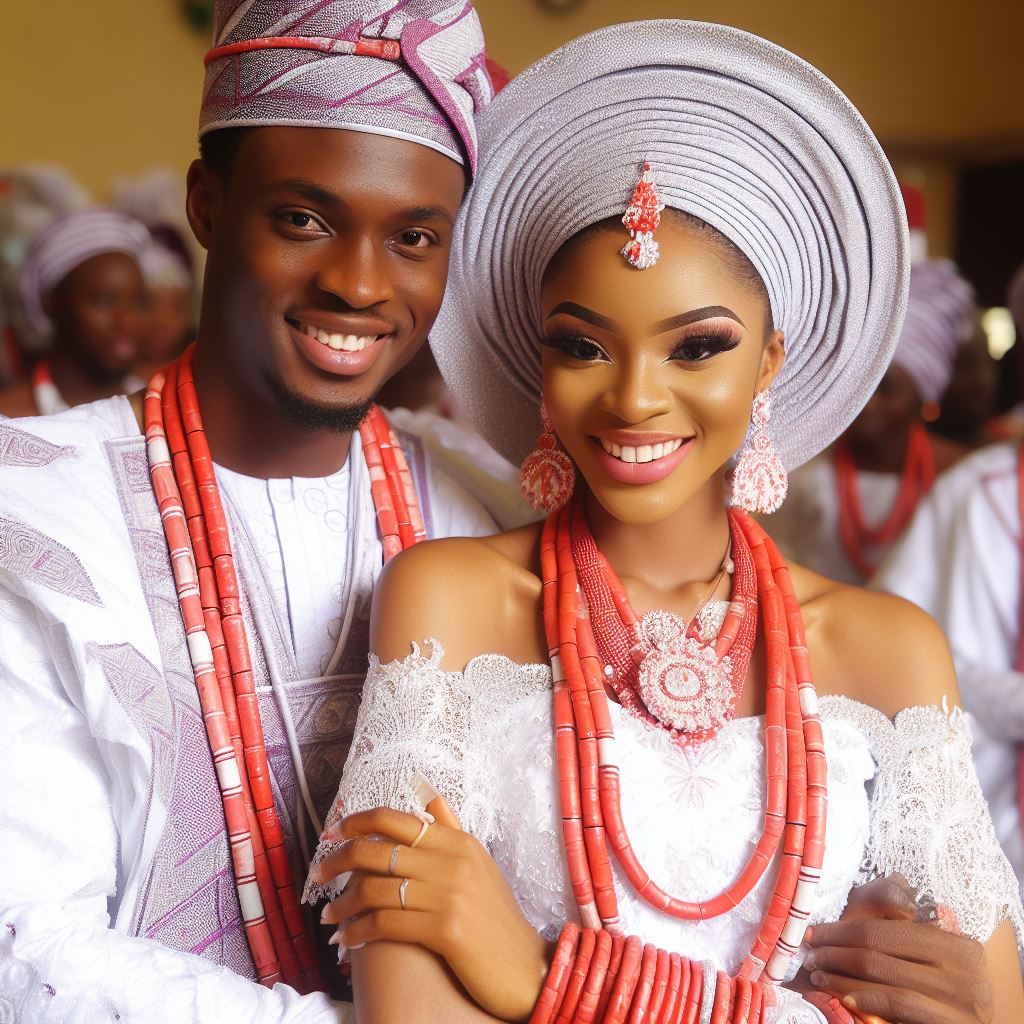Introduction
Briefly introduce the topic of marriage in Nigeria
Marriage in Nigeria is a significant part of the culture, with rich traditions and customs.
Marriage form procedures are crucial for legal and societal recognition of marriages.
Background information on the importance of marriage form procedures
Marriage in Nigeria holds a significant cultural and legal role, with marriage form procedures being a crucial element.
Understanding the importance of marriage form procedures is vital for both legal and cultural reasons.
Purpose of the blog post
This blog post aims to compare marriage form procedures in Nigeria with those in other countries.
Read: FAQs: Addressing Common Queries on Nigerian Marriage Registry
Overview of Marriage Form Procedures in Nigeria
Traditional marriage process in Nigeria
Discussion on the importance of parental consent and involvement
In Nigerian culture, parental consent and involvement are integral to the traditional marriage process.
Description of traditional rites and ceremonies
Traditional Nigerian marriage ceremonies are rich in cultural significance and customs.
Legal requirements for civil marriages in Nigeria
Registration process
For a civil marriage to be recognized in Nigeria, it must be registered with the appropriate government authority.
Documents required
Couples need to provide certain documents such as birth certificates and identification cards for a civil marriage.
Cultural or religious considerations in Nigerian marriage form procedures
Differences between Christian, Muslim, and traditional marriage ceremonies
In Nigeria, there are varying marriage ceremonies based on religious affiliations, including Christian, Muslim, and traditional ceremonies.
Cultural practices and customs specific to different Nigerian ethnic groups
Each Nigerian ethnic group has its own unique customs and practices when it comes to marriage ceremonies.
Basically, marriage form procedures in Nigeria encompass both traditional and civil processes. Parental consent and involvement hold significant importance in traditional ceremonies, while civil marriages require proper registration with the government and the submission of necessary documents.
Additionally, Nigeria’s diverse ethnic groups contribute to cultural and religious variations in marriage ceremonies, further enriching the country’s traditions.
Read: Tales from the Registry: Real-Life Nigerian Wedding Stories

Discover More: Comparing Christian & Islamic Vows in Nigeria
Comparison with Marriage Form Procedures in Other Countries
Overview of marriage form procedures from one or more selected countries
When comparing marriage form procedures in Nigeria to those in other countries, it is clear that each nation has its unique set of regulations and practices.
Let’s explore some of these differences by examining marriage form procedures in selected countries.
Commonalities and differences in form procedures
- In the United States, for example, couples typically obtain a marriage license from the county clerk’s office.
- They need to provide identification documents such as passports or driver’s licenses, as well as proof of age and citizenship.
- Unlike Nigeria, where marriage certificates are issued by religious or customary authorities, in the US, the certificate is usually issued by a civil authority.
Unique traditions or legal requirements
- Meanwhile, in India, the marriage form procedures involve registering the marriage under the Special Marriage Act or the Hindu Marriage Act, depending on the religious affiliation of the couple.
- They need to provide birth certificates, proof of residence, and photographs for documentation. It is interesting to note that in India, marriages can be registered with both civil and religious authorities.
- In Saudi Arabia, marriage form procedures are more complex due to cultural and religious considerations.
- The couple must obtain a marriage permission document from the bride’s guardian, known as the “Wali,” who can be her father, brother, or another male relative.
- This approval is essential for the marriage to be legally recognized. Additionally, the couple must provide identification documents and fulfill specific requirements outlined by Islamic law.
Compare the importance of parental involvement in Nigeria to other countries
Significance of parental consent and blessings
- Parental involvement in marriage decisions varies across different cultures and countries. In Nigeria, parental consent and blessings play a crucial role in the marriage form procedures.
- Parents in Nigeria are highly respected, and their approval is sought before a couple can proceed with their marriage plans.
- The consent of both sets of parents is considered vital, and their blessings are seen as a foundation for a successful union.
- This emphasis on parental involvement stems from cultural values and the belief in the importance of family cohesion.
Role of families in the decision-making process
- On the other hand, in countries like the United States and many European nations, parental consent or involvement in marriage decisions is not legally required.
- While some couples may seek their parents’ blessings out of respect or tradition, it is not considered a mandatory step in the marriage form procedures.
- The decision-making process is often led by the individuals involved, and the couple’s compatibility and love for each other are emphasized.
Legal requirements and documentation needed for marriages in other countries
Similarities or differences compared to Nigeria
- When it comes to the legal requirements and documentation needed for marriages in other countries, there are both similarities and differences compared to Nigeria.
- One common requirement is the need to provide identification documents such as passports or birth certificates.
- This ensures that the individuals getting married are of legal age and have the necessary legal status to marry.
- However, some countries may have additional documentation requirements specific to their legal systems.
- For example, in the United States, couples may need to present divorce decrees or death certificates if they have been previously married.
- In contrast, Nigeria’s marriage form procedures do not typically involve such explicit verification.
Challenges or complications that may arise for international couples.
- For international couples, the challenges and complications arise mainly from navigating the different legal systems and cultural practices.
- They may need to obtain and translate documents, deal with visa requirements, or meet specific residency requirements in their chosen country of marriage.
- It is crucial for them to seek legal advice and understand the specific laws and procedures involved to ensure a smooth and valid marriage.
In essence, comparing marriage form procedures in Nigeria to those in other countries reveals a mix of commonalities and differences.
Each country has its unique traditions, legal requirements, and level of parental involvement.
Understanding these variations is crucial for international couples seeking to get married abroad while complying with the legal and cultural norms of their chosen destination.
Read: Witnessing a Marriage Registry Event in Nigeria: What to Expect
Cultural Significance and Social Impact
Cultural significance of marriage form procedures in Nigeria
Importance of upholding traditions and customs
- In Nigeria, marriage form procedures hold great cultural significance as they are considered a way to honor and preserve traditions and customs.
- These procedures encompass a series of rituals, ceremonies, and protocols that have been passed down through generations.
- Upholding these traditions is regarded as crucial for maintaining cultural identity and a sense of continuity in Nigerian society.
Role of marriage in Nigerian society
- Marriage holds a central position in Nigerian society, playing a pivotal role in shaping social structures and interpersonal relationships.
- It serves as a foundation for family units, fostering community ties and strengthening the social fabric.
- Additionally, marriage is viewed as a significant milestone in an individual’s life, representing maturity, responsibility, and the ability to contribute to the community.
Potential social impact of different marriage form procedures
How it affects family dynamics and gender roles
- Different marriage form procedures in Nigeria can greatly impact family dynamics and gender roles.
- Traditional marriage customs often involve elaborate negotiations and exchanges of dowry, which can reinforce traditional gender roles and power dynamics within the family.
- However, modern approaches to marriage, such as civil unions, may challenge traditional gender roles and promote more egalitarian relationships.
Influence on societal perceptions of marriage and relationships
- The various marriage form procedures in Nigeria can significantly shape societal perceptions of marriage and relationships.
- Traditional ceremonies and rituals convey the importance of familial and community connections, emphasizing the value of commitment and unity.
- On the other hand, more contemporary forms of marriage, such as court weddings, may be perceived as a reflection of changing societal norms and a shift towards individual autonomy and personal choice.
By comparing marriage form procedures in Nigeria to those in other countries, we can gain insights into the unique cultural significance and social impact of Nigerian traditions.
These procedures are not merely bureaucratic processes, but rather deeply ingrained cultural practices that shape individual identities, strengthen family ties, and contribute to the overall social fabric of Nigerian society.
It is essential to recognize and appreciate the value of these traditions while also acknowledging the potential for evolving societal norms and perceptions surrounding marriage.
Read: Understanding the Legal Rights of Marriage Registration in Nigeria
Conclusion
The key points discussed in this blog post are the differences and similarities between marriage form procedures in Nigeria and other countries.
Differences and similarities between marriage form procedures in Nigeria and other countries
The differences between the procedures include the need for parental consent and the requirement of a traditional wedding ceremony in Nigeria. Other countries may have different legal requirements.
Final thought on the importance of understanding cultural differences when it comes to marriage form procedures
- The similarities between the procedures include the need for legal documentation and the presence of witnesses. However, the specific requirements may vary.
- Understanding cultural differences is crucial for a successful marriage form procedure. It is important to respect and adhere to the customs and traditions of each country.
- This knowledge can strengthen relationships and ensure a smooth process for couples from different backgrounds.




